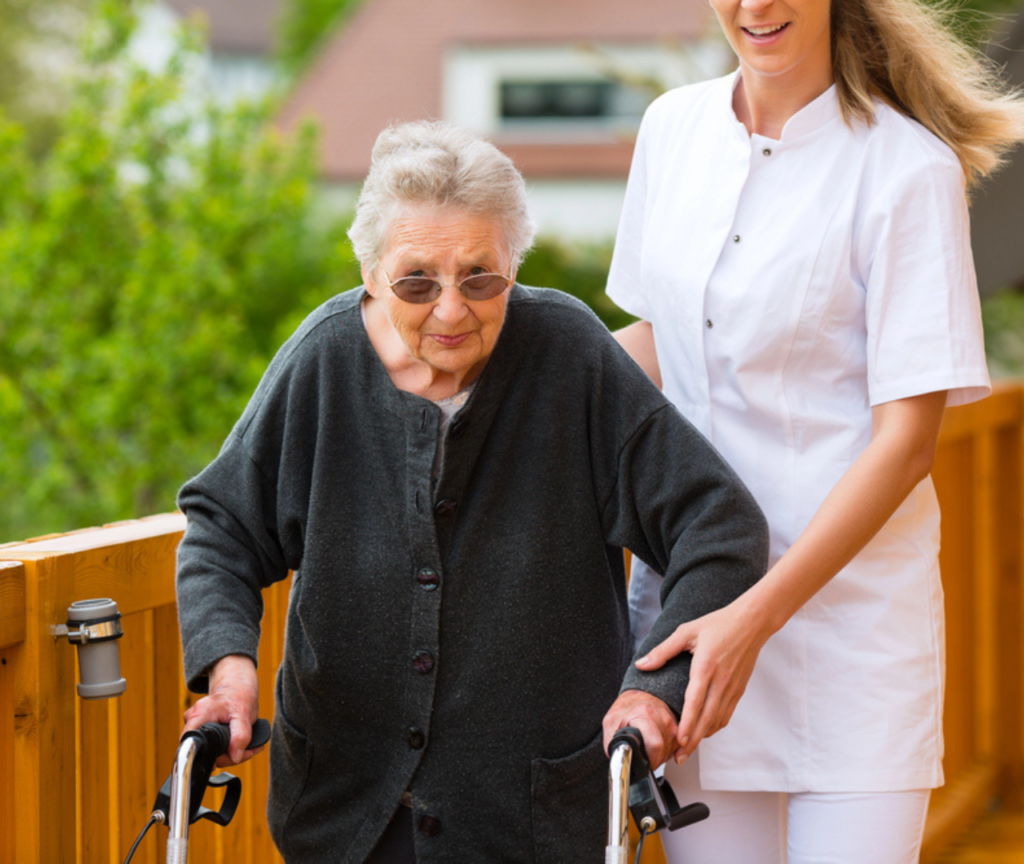Introduction
Senior veterans have dedicated their lives to serving their country, and as they age, it becomes crucial to ensure they receive the care and support they deserve. Many veterans face unique health challenges, including service-related injuries, PTSD, and chronic illnesses, which require specialized home care services. Providing personalized, compassionate, and comprehensive care allows aging veterans to maintain their dignity, independence, and quality of life. This article explores the importance of home care services for senior veterans and the various resources available to support them.
Understanding the Needs of Senior Veterans
Aging veterans often experience distinct physical, emotional, and psychological challenges, including:
- Service-Related Disabilities: Injuries sustained during military service may result in chronic pain, mobility issues, or the need for assistive devices.
- Post-Traumatic Stress Disorder (PTSD): Many veterans continue to deal with the mental health effects of combat, leading to anxiety, depression, and sleep disturbances.
- Chronic Conditions: Conditions such as heart disease, diabetes, and respiratory issues are common among older veterans.
- Cognitive Decline: Some veterans may develop Alzheimer’s or other forms of dementia, requiring specialized memory care.
- Social Isolation: Loss of comrades, friends, or family can contribute to loneliness and depression.
Essential Home Care Services for Veterans
Home care services play a vital role in addressing these challenges by offering personalized care in a comfortable environment. These services include:
1. Personal Care Assistance
- Help with activities of daily living (ADLs) such as bathing, dressing, grooming, and toileting.
- Mobility support to prevent falls and ensure safe movement around the home.
2. Medical and Skilled Nursing Care
- Medication management and administration.
- Wound care and post-surgical support.
- Chronic disease management to monitor and control conditions like diabetes and hypertension.
3. Mental Health and Emotional Support
- PTSD counseling and therapy support.
- Companion care to reduce social isolation and improve mental well-being.
- Activities and programs tailored to cognitive health and memory retention.
4. Respite Care for Family Caregivers
- Temporary relief for family members who serve as primary caregivers.
- Short-term or long-term assistance to prevent caregiver burnout.
5. Specialized Veteran Support Services
- Assistance with Veterans Affairs (VA) benefits and accessing home care programs.
- Coordination with VA hospitals, clinics, and healthcare providers.
- Home modifications such as wheelchair ramps, handrails, and adaptive equipment.
Resources and Programs for Veteran Home Care
Several organizations and programs offer financial assistance and resources to support senior veterans:
- Veterans Affairs (VA) Home Care Programs: VA-funded services, including Homemaker and Home Health Aide Care, Skilled Home Health Care, and Respite Care.
- Aid and Attendance (A&A) Benefit: Financial support for veterans requiring help with daily activities.
- Veteran-Directed Care (VDC): A self-directed program allowing veterans to choose and manage their home care services.
- State and Community Programs: Many states offer additional veteran support services, such as transportation, meal delivery, and senior centers.
Conclusion
Honoring senior veterans means ensuring they receive the care and respect they have earned through their service. Home care services provide essential medical, emotional, and daily living support, allowing aging veterans to live with dignity and comfort. By utilizing available resources and programs, families can ensure their loved ones receive the best possible care tailored to their unique needs. Supporting our aging heroes is not just a duty—it’s a way to give back for their sacrifice and dedication.

